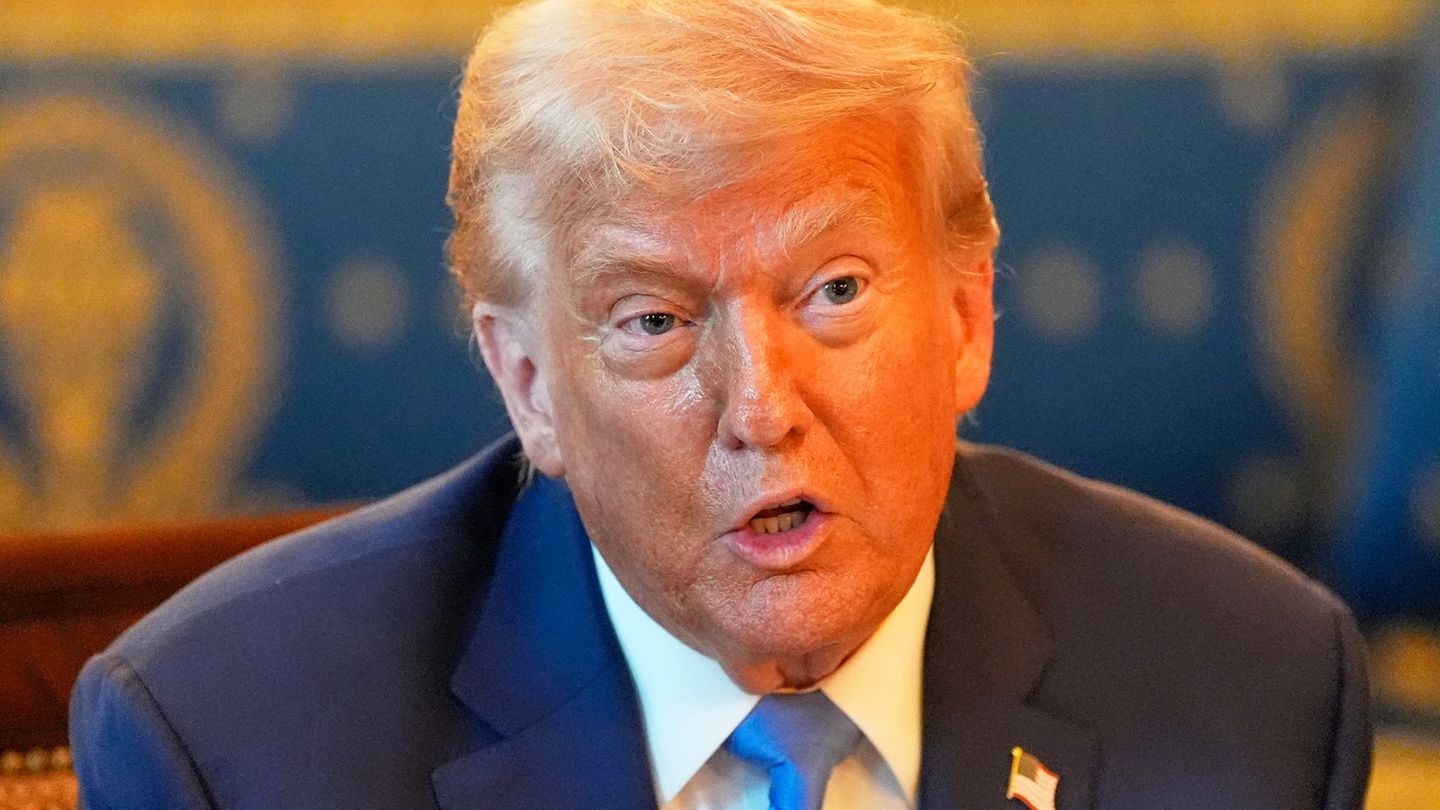For the seventeenth consecutive month, inflation has remained within the target range of the Central Bank of Uruguay (ranging from 3 to 6%). The annual data as of October marked a decrease to 5% according to the CPI. After the post-pandemic inflation peak, against which the BCU undertook a monetary policy restrictive to lower it, the annual rate of price increase has been decreasing and entered the target range in June 2023, to remain there since then (graph).
Inflation and monetary policy
The Central Bank’s objective now is to be located more consistently and permanently near the center of the range (4.5%), as explained last week in the statement announcing the decision to maintain the Monetary Policy Rate at 8 .5%. This level of the interest rate is considered to be neutralityto the extent that the inflation expectations of businessmen remain close to 6% and the economic growth in the medium term it is between 2.5 and 2.7%.
In this context, after the election of donald trump in USAwe witnessed a rise of dollar at a global level that is also being observed in our country. The greenback reached 43 pesos in the interbank market last week and, although it subsequently fell slightly, it is clearly evolving above the inflation. Given that the Uruguayan economy has a high level of dollarizationit is expected that this will put pressure on the CPI, although it remains to be seen how much and how. Because at the same time – of course – the strong dollar puts pressure on the international prices of products that are sold globally; There are exceptions, but they confirm the rule. The most notable case is oil: the global dollar rose, and crude oil is below US$75/barrel Brent, which allowed the price to drop fuel price in October and maintain them in November, despite the rise in the dollar. Something similar happens for other products; When the dollar strengthens, international prices tend to fall and this balance – in general – neutralizes or attenuates the impact on domestic prices. In any case, we will have to see how this continues in the coming weeks.
And we will also have to see what happens with the change of government in Uruguay. If elected Alvaro Delgado (officialism) it is reasonable to think that the Central Bank will continue its independent monetary policy, without intervention in the exchange market and aiming to lower and consolidate low inflation. The last direct exchange intervention of the BCU in the market was in August 2021, more than 3 years ago. Non-intervention in the exchange market is becoming established as a policy, strengthening the inflation targeting mechanism with the interest rate as an active tool.
If elected Yamandu Orsi (Wide Front), there is somewhat greater uncertainty, although the market has not shown great nervousness. They recently consulted their eventual Minister of the Economy, Gabriel Oddoneif the “Chinese dishes” would return, that concept that coined Mario Bergara when he was part of the frontist economic team. It alludes to keeping inflation low, but also a competitive exchange rate with a level of activity, all at the same time, rotating. Oddone answered no, but in the MPP have questioned that the BCU does not intervene when the dollar falls sharply in its real value, as happened at the beginning of this year.
The rise of the dollar improves, in the short term, the accounts for exporters of products and services, from the agro until the hospitalitypassing through software and the professional services. But it must be taken into account that the rise in the dollar is global, so that – in relative terms, which is what matters – there is no significant gain in price-competitiveness.
With the current rise of the dollar and despite its eventual pressure on inflation, the BCU does not intervene either and this reaffirms the coherence of the policy. It could be assumed that this push in the dollar a few days before the second round of elections would cause some nervousness in the ruling party, but apparently the matter has been processed well, without fuss. It would be a valuable sign of maturity. Uncertainty did cause the eventuality of the approval of the social security plebiscitewhich motivated sales of some Uruguayan bonds and a jump in the dollar, which then subsided in the face of the defeat of the YES.
The independence of the Central Bank is in all things desirable and in Uruguay There is a predisposition to affirm it, but the definitive step has not yet been taken, which is to make its management and appointment of authorities independent of the political cycle itself. The president of the BCU continues to be elected by the government in power.
Another pending issue is how monetary policy is accompanied by salary and tax policy. It is a key point if we intend not only to have price stability but also more dynamic economic growth (value generation). We have commented that there are certain inconsistencies here, to the extent that the fiscal deficit has gone above what was desired and salary adjustments (we are at a historical record of the real salary) in many sectors have gone well beyond the fundamentals of productivity and competitiveness.
This is also a challenge for the next president-elect and will require plenty of political toughness. Because reducing the deficit and introducing productivity in the salary negotiationare not exactly popular issues, although – in the long run – they benefit everyone.
Source: Ambito
I am a 24-year-old writer and journalist who has been working in the news industry for the past two years. I write primarily about market news, so if you’re looking for insights into what’s going on in the stock market or economic indicators, you’ve come to the right place. I also dabble in writing articles on lifestyle trends and pop culture news.




